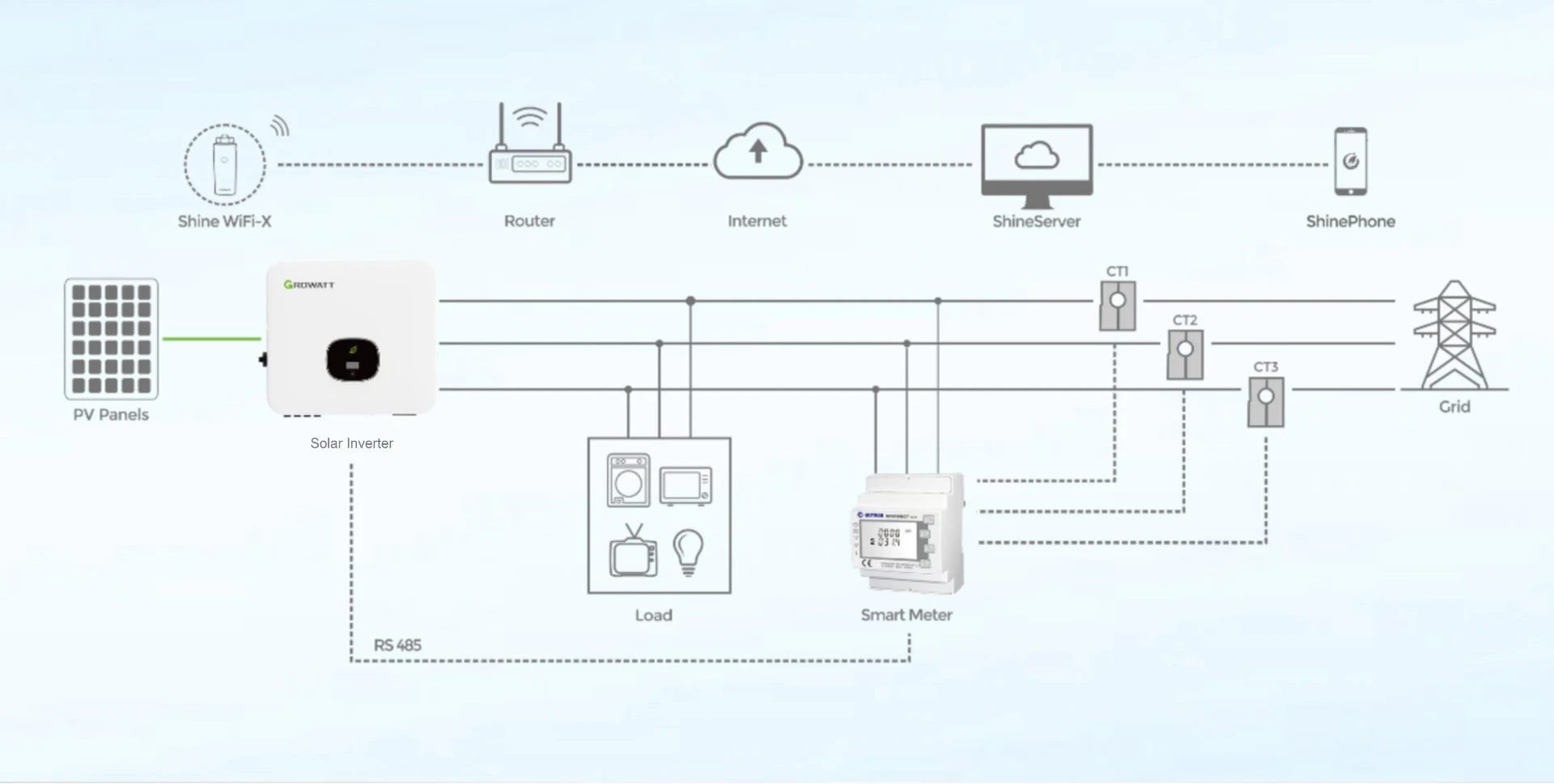water solar panel
The Impact of Water on Solar Panel Efficiency Harnessing Nature's Power
In recent years, solar energy has emerged as a preeminent force in the drive towards sustainable energy sources. As industries and households increasingly turn to photovoltaic (PV) systems to harness sunlight for electricity, the efficiency of these solar panels has become a focal point of research and innovation. One often-overlooked factor in optimizing the performance of solar panels is the role of water. This article explores the relationship between water and solar panel efficiency, its implications for solar energy systems, and the potential for innovative solutions that leverage this relationship.
The Importance of Temperature
Solar panels operate by converting sunlight into electricity through a process called the photovoltaic effect. However, the efficiency of this process is highly dependent on temperature. As the temperature of solar panels increases, their efficiency tends to decrease. This phenomenon can be particularly pronounced in warmer climates, where solar panels can reach temperatures significantly higher than ambient conditions. Therefore, managing the heat a solar panel generates is essential for maintaining optimal performance.
Water plays a crucial role in managing the temperature of solar panels. The introduction of water-based cooling systems can significantly enhance the efficiency of solar panels. By employing techniques such as water spraying or immersion cooling, it is possible to lower the operating temperature of the panels, ultimately leading to improved electricity generation. Research has shown that water-cooled solar panels can achieve efficiency gains of up to 10-20% compared to standard, air-cooled photovoltaic systems.
Cleaning Solar Panels with Water
Another critical aspect of water’s influence on solar panel efficiency is its role in cleaning. Dust, dirt, and debris can accumulate on the surface of solar panels, blocking sunlight and reducing their ability to generate electricity. In regions prone to dust storms or heavy pollution, this can become a significant issue, leading to a cumulative performance drop over time.
Regular cleaning of solar panels is essential to ensure they operate at peak efficiency. Water is an effective cleaning agent for solar panels, especially when combined with mild detergents. Innovative cleaning systems that use water and automated technology can reduce the manual labor involved in maintaining solar installations while also ensuring that panels remain clean and efficient. It is estimated that regular washing of solar panels can increase energy production by 5-20%, making the investment in cleaning services worthwhile.
water solar panel

Water-Integrated Solar Technologies
As the demand for renewable energy grows, innovative technologies are emerging that integrate water with solar power generation. One such advancement is the development of solar panel systems that incorporate water collection and purification. These integrated systems not only generate electricity but also capture and filter rainwater, making them particularly well-suited for remote locations where access to clean water is a challenge.
Additionally, solar panels can be designed to work synergistically with water for irrigation purposes. In agricultural settings, solar panels can be installed above crops, providing shade and reducing evaporation while simultaneously generating renewable energy. This dual-use approach maximizes land efficiency and offers a sustainable solution for both energy production and water conservation.
Challenges and Considerations
While the integration of water with solar technology presents significant advantages, there are challenges to consider. The sourcing and usage of water must be carefully managed, especially in arid regions where water scarcity is an issue. Furthermore, the maintenance of water-based cooling and cleaning systems necessitates an investment in infrastructure and can introduce complexity to solar power operations.
Conclusion
The interaction between water and solar panels is an intricate and vital aspect of optimizing solar energy systems. From enhancing efficiency through cooling to improving electricity generation via regular cleaning, water emerges as a key player in the renewable energy landscape. Furthermore, the development of water-integrated solar technologies presents exciting opportunities for innovative solutions that address both energy and water scarcity challenges.
As the world continues to seek sustainable energy solutions, recognizing and harnessing the synergy between water and solar power will be essential in fostering a greener and more efficient future. By leveraging these insights, we can optimize solar panel performance and contribute positively to the ongoing transition towards renewable energy resources.
-
String Solar Inverter: The High-Efficiency Solution for Smart Solar EnergyNewsJul.14,2025
-
Revolutionizing Rooftop Energy with the Power of the Micro Solar InverterNewsJul.14,2025
-
Power Independence with Smart Off Grid Solar Inverter SolutionsNewsJul.14,2025
-
On Grid Solar Inverter: Powering the Future with Smart Grid IntegrationNewsJul.14,2025
-
Monocrystalline Solar Panels: High-Efficiency Power for the Future of Clean EnergyNewsJul.14,2025
-
Bifacial Solar Panel: A Smarter Investment for Next-Generation Energy SystemsNewsJul.14,2025







